Why I Never Worry, and What to Do Instead, as Illustrated by Buster Keaton
Ok, I sometimes worry, but I do it less than most, and you can do it less
Worrying is Just a Waste of Time
I’ve come to believe that, and it helps me not worry. But, I think I can prove worrying is just a time waster with “The Great Stone Face” Buster Keaton.
Newt Scamander said, "Worrying means you suffer twice."
I disliked those movies.
Worrying is attempting to control outcomes that are beyond your control. Worrying leads to increased stress, anxiety, and a sense of helplessness.
I don’t worry a lot. Things go wrong in my life constantly, and my reactions to them are relatively small. I’m not just saying that; people have commented on my lack of worry.
So, why? Why don’t I worry? Am I a superhuman that does something special? Nah, you can worry less too. We just need to frame it up a little better
The 4 Outcomes Of What You Can’t Control, As Illustrated by Buster Keaton
So worrying is really just about things you can’t control. No one worries the microwave isn’t going to turn off and burn our popcorn when we know we can just pull open the door.
So really, went we’re faced with things we can’t control the outcome of, we’ve got 4 real things that can happen.
1. No Action, Good Happens
Here Buster is oblivious. He doesn’t worry, and he ends up fine. This is an excellent outcome for impending doom.
2. No Action, Bad Happens
Here Buster is oblivious. He doesn’t worry, and things end up wrong. Okay, not ideal, but at least he had a pleasant drive BEFORE things went wrong.
3. Take Action, Good Happens
Okay, Buster could be derailed here, but he takes action, and something good happens; he knocks the log off the track and survives. Good job, Buster.
4. Take Action, Bad Happens
And now Buster tries to stop the house from getting caught in the wind, but he fails, and the house spins around, and the Feng Shui is all off. Bad outcome.
Same 2 Results Either Way
So, something good or bad could happen if you take action. And something good or bad could happen if you don’t take action. That is a comprehensive list of possible outcomes for things out of your control.
So don’t worry and live your life. You’re welcome.
“Hold On, No, Buster’s Worrying Helped Stephen”
Hi, yeah, please don’t use your internal monologue to dictate my headings. Thanks.
But, fine, I’ll respond to that. You think Buster avoiding the derailment is the result of WORRYING.
No, you’re wrong. Buster’s ACTION avoided the derailment, not worrying. I think this is where people get worrying wrong a lot. Worrying is not the same as action.
In the face of outcomes we can’t control we have these possibilities:
Worrying: “Oh shit, what’s going to happen now?”
Action: “This might help.”
Inaction: “Oh well, let’s see how this goes.”
Worrying is a Distraction From The Action That Can Prevent Bad Outcomes
Worrying creates pain when the house falls around you, and the pieces miss you.
Worrying adds to the pain before the bad outcome of the car falling apart or the house spinning like a blinder.
Worrying paralyzes you from picking up the log and throwing it when necessary.
Next Time You’re Starting to Worry
So what’s the prescription?
Next time you start to think, “Oh shit, what’s going to happen now?” I want you to pause and think if you have any actions you can take to prevent a bad outcome. If you do, do that action. If you don’t have any steps you can take, I want you to say, “I can’t do anything, so let’s see how it turns out.”
And when the worry creeps back in, repeat that process. Take action, or say oh well.
I promise it’ll be a much more empowering feeling.




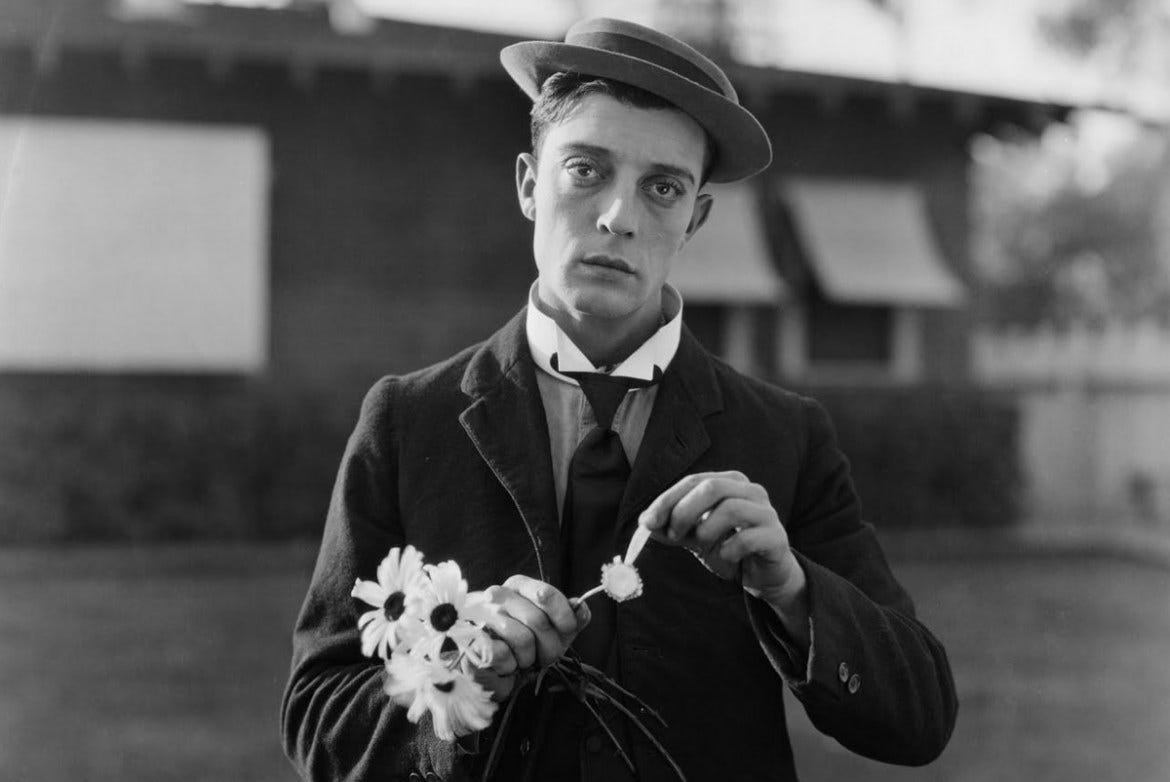
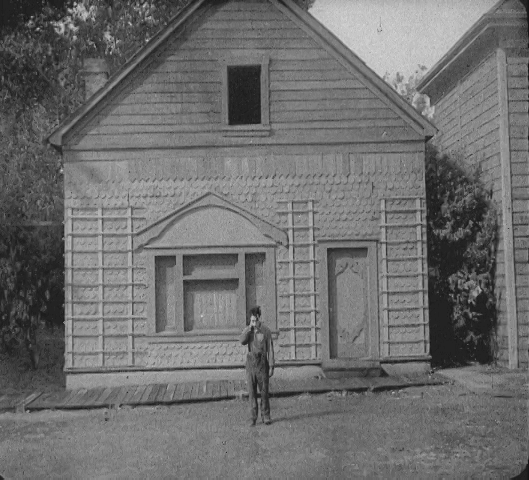
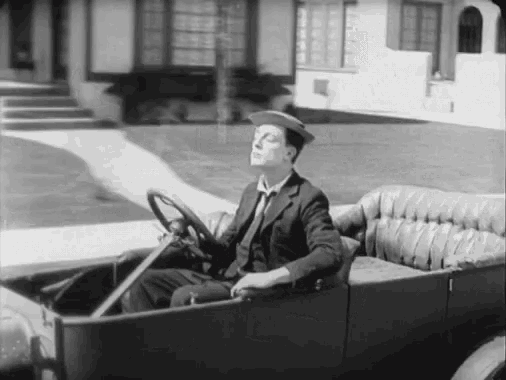

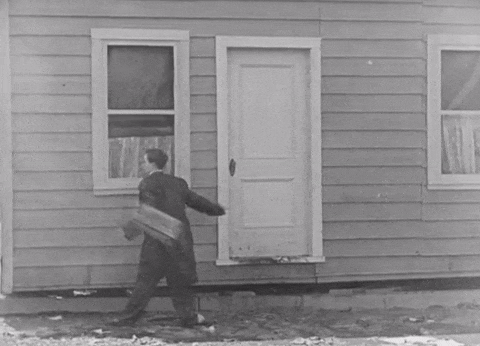
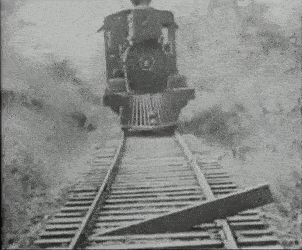
Apologies to the email subscribers. I made some errors on the version that got emailed out between editing and formatting. I haven't quite figured out my preferred workflow writing this yet clearly.